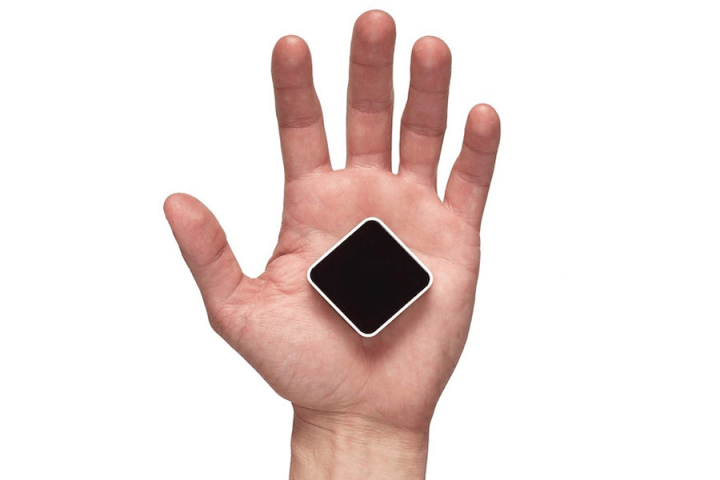
According to the tool’s website, “Our sensor gets attached to a place’s entrance, measures anonymous movement as people come and go, and generates real-time and historical data that can be integrated anywhere.” By using infrared light that measures movement, Density is able to track population from a broad, high-level stance — it “cannot capture any personally identifiable information about consumers.” This means that without any sort of invasive or creepy practices, the sensor is able to tell store owners what their peak times are and when business is slow, and consumers can make use of the same information to strategically plan their day.
While the technology behind Density is relatively straightforward, its multitude of applications in real-life settings makes it particularly attractive for both people on the go and businesses looking to capitalize on downtime. With its easy (and cheap) installation and open-source API, a number of applications are already using the sensor. For example, Requested, an app that gives diners the chance to ask for discounts when traffic at popular restaurants is low has adopted the technology, as has Workfrom, which alerts its visitors to real-time capacity at various co-working spaces.
Currently, Density is selling its services for $25 per location, per month, but notes, “Inventory is limited. Access will be given to select partners.” But hopefully, with rising popularity, Density will become a staple across a variety of businesses, putting an end to (surprising) long wait times and overcrowding.


